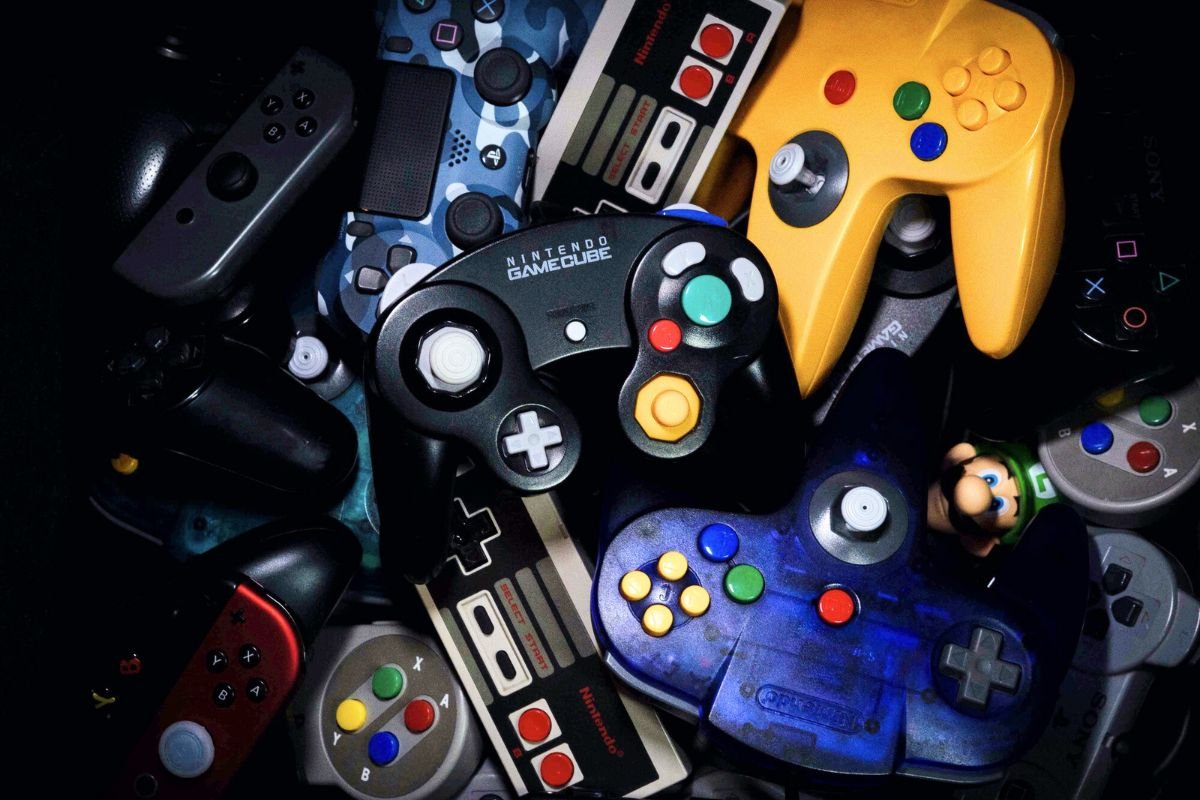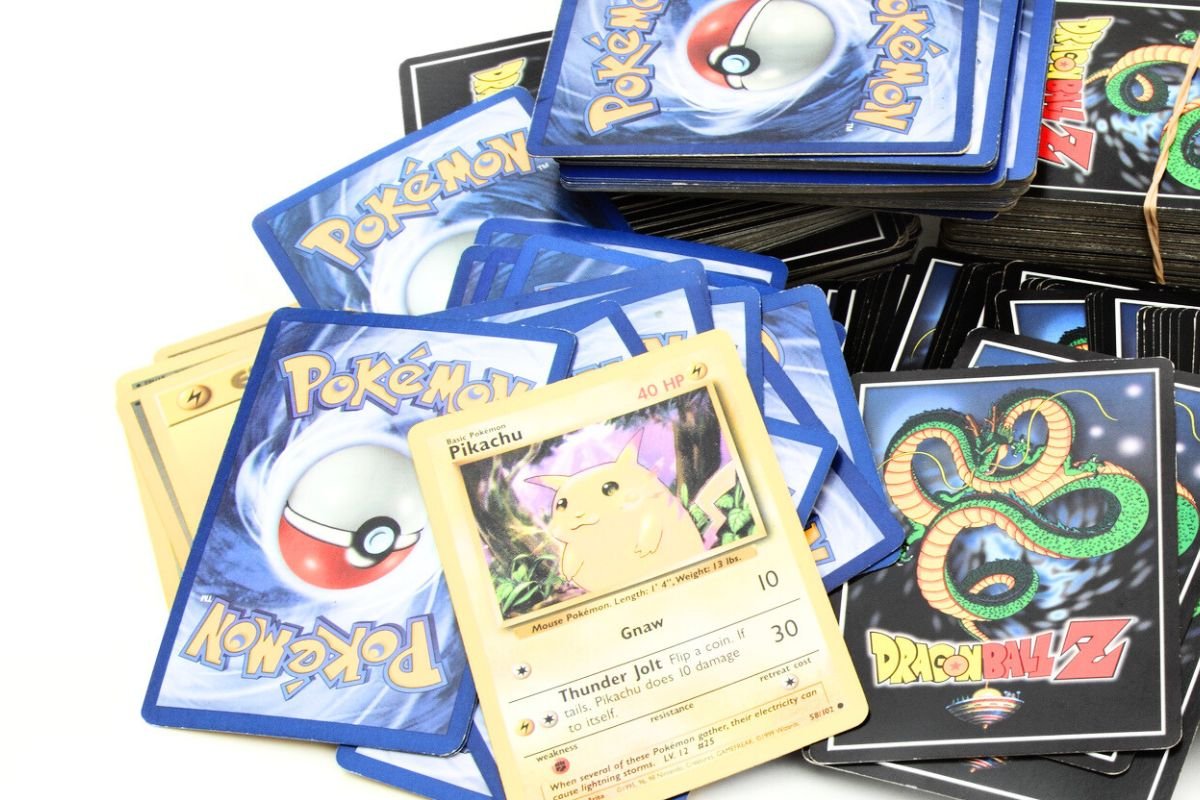The GameCube may not have smashed sales records when it launched in the early 2000s, but its catalogue of exclusives has earned it cult status among gamers. With bold experiments, unforgettable sequels, and some of the most iconic Nintendo titles ever made, it’s no surprise the console remains cherished today. Here are 15 classics that defined the purple cube and cemented its place in gaming history.
A console of bold experiments
Nintendo wasn’t afraid to take risks with the GameCube, and that spirit showed in its games. Titles like Luigi’s Mansion, which swapped Mario for his timid brother in a ghost-hunting adventure, broke tradition and introduced fresh ideas to the series. Pikmin, with its real-time strategy and charming alien world, gave players something entirely new, mixing puzzle-solving with resource management in ways no one expected from Nintendo at the time.
And then there was Eternal Darkness: Sanity’s Requiem, a psychological horror that played mind games with the player as much as its protagonist, offering a darker, more mature experience on a system often seen as family-friendly.
Franchise favourites with a twist
Nintendo’s biggest franchises shone on the GameCube, often reinventing themselves in bold ways. The Legend of Zelda: The Wind Waker initially divided fans with its cel-shaded “cartoon” look but is now considered one of the series’ best, thanks to its ocean exploration and timeless art style. Super Mario Sunshine took Mario on a tropical holiday, equipping him with a water-powered jetpack that transformed platforming into something entirely new.
Meanwhile, Metroid Prime reimagined Samus Aran’s adventures as a first-person exploration shooter, setting a new standard for atmospheric design. And of course, Super Smash Bros. Melee became a phenomenon, dominating multiplayer nights and even competitive tournaments more than twenty years after release.
Racing, rhythm, and pure fun
For adrenaline seekers, F-Zero GX delivered blisteringly fast futuristic races that tested reflexes to the limit. On the other end of the spectrum, Mario Kart: Double Dash!! shook up the beloved series by putting two characters in each kart, allowing for inventive team strategies.
Nintendo also experimented with peripherals. Donkey Konga, bundled with its quirky bongo controller, turned living rooms into rhythm game arcades, with players clapping and drumming along to everything from pop hits to classical tunes.
RPG gems and darker adventures
Though the GameCube wasn’t known for a huge RPG library, it hosted memorable gems. Baten Kaitos, with its lush worlds, card-based combat, and haunting soundtrack, gave players an imaginative adventure unlike anything else at the time. Paper Mario: The Thousand-Year Door mixed humour, platforming, and clever turn-based battles, cementing itself as one of the most beloved RPGs on the console.
Even Pokémon made the leap to home consoles with Pokémon Colosseum, offering a grittier take on the series with “shadow Pokémon” to capture and purify.
And let’s not forget Resident Evil. The GameCube received a stunning remake of the original, alongside exclusives like Resident Evil 0 and the groundbreaking Resident Evil 4, which would later influence the entire survival horror genre.
Galaxy far, far away
Licensed games rarely age well, but Star Wars: Rogue Squadron II – Rogue Leader was a standout. With its impressive visuals and thrilling recreations of classic battles from the original trilogy, it let players step into the cockpit of X-wings and relive cinematic moments like the Death Star trench run.
Why the GameCube still matters
Looking back, it’s easy to see why the GameCube remains so fondly remembered. Its mix of innovation, risk-taking, and beloved franchises resulted in a library still celebrated today. Even games that were divisive at launch, like Sunshine or Wind Waker, have since been reappraised as classics.
For many, the console wasn’t just about the games but the memories: late-night Melee tournaments, sharing a kart with a friend in Double Dash, or nervously tiptoeing through Eternal Darkness.
In the end, the GameCube proved that success isn’t measured only in sales. Sometimes, it’s the legacy of unforgettable game design that secures a console’s place in history.



